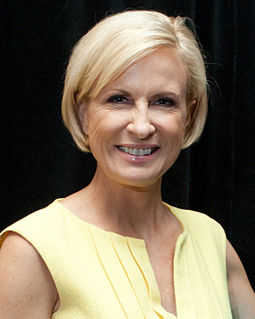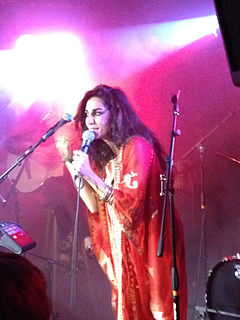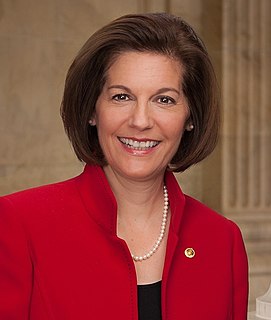A Quote by Alber Elbaz
I love women. I get along with women more than men, and I have more women friends.
Related Quotes
Women have always been more critical of marriage than men. The great mysterious irony of it is - at least it's the stereotype - that women want to get married and men are trying to avoid it. Marriage doesn't benefit women as much as men, and it never has. And women, once they are married, become very critical of marriages in a way that men don't.
We have an almost desperate need for more women to run for office and for more women to really gut it out after they have kids and stay in their jobs and get to high positions in companies. We need women at the top more than ever. We need women's voices there because they are very different than men's voices and they bring a very valuable and necessary point of view to the table.
Let's acknowledge that men reach for opportunities more quickly and more easily than women. So often as managers, we give the job to whoever starts solving the problem, to whoever jumps in. Since we know men will jump in faster than women in so many circumstances, we have to slow down and encourage more women to sit at more tables.
Many women, particularly young women, have claimed the right to use the most explicit sex terms, including extremely vulgar ones, in public as well as private. But it is men, far more than women, who have been liberated by this change. For now that women use these terms, men no longer need to watch their own language in the presence of women. But is this a gain for women?
What if not just women, but both men and women, worked smart, more flexible schedules? What if the workplace itself was more fluid than the rigid and narrow ladder to success of the ideal worker? And what if both men and women became responsible for raising children and managing the home, sharing work, love, and play? Could everyone then live whole lives?
Men create their own gods and thus have some slight understanding that they are self-fabricated. Women are much more susceptible, because they are completely oppressed by men; they take men at their word and believe in the gods that men have made up. The situation of women, their culture, makes them kneel more often before the gods that have been created by men than men themselves do, who know what they've done. To this extent, women will be more fanatical, whether it is for fascism or for totalitarianism.
If you just look at the number of roles for women versus the number of roles for men in any given film, there are always far more roles for men. That's always been true. When I went to college, I went to Julliard. At that time - and I don't know if this is still true - they always selected fewer women than men for the program, because there were so few roles for women in plays. That was sort of acknowledgment for me of the fact that writers write more roles for men than they do for women.







































